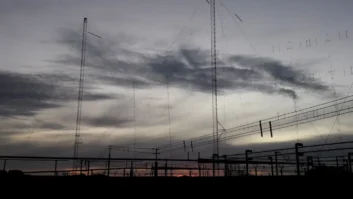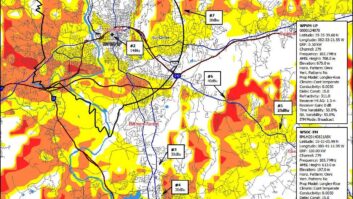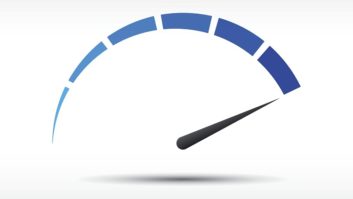A New Jersey broadcaster is warning the FCC that a proposal to grant a power increase for digital FM radio stations in the United States is not warranted and could be harmful to smaller FM stations and the LPFM service.
Press Communications LLC met with the commission earlier this month and argued that the proposal “would destroy well-established listening patterns to analog FM stations, particularly in areas such as New Jersey, where the FM band is saturated with services.”
The FCC is currently considering a proposal from the National Association of Broadcasters and Xperi, the developer of HD Radio, that seeks to raise the maximum power level for digital FM radio. The proposed updated formula would allow additional stations to increase their digital power without separate approval from the FCC.
Press Communications, which owns five Class A FMs and one daytime AM radio station in the Garden State, cites a number of technical and competitive reasons why adopting an updated formula to determine digital FM power levels is a bad idea.
[Related: “Broadcasters Voice Support for FM Digital Power Increase“]
Particularly vulnerable are lower-power Class A broadcasters, AM operators with FM translators and LPFM stations, the group owner told the FCC. “Such stations can often serve as outlets for minorities and new entrants into the radio market.”
The current formula for establishing maximum digital power levels, according NAB and Xperi, is too conservative and exaggerates the risk of digital interference. They conclude in their proposal that the FCC’s current rules have prevented stations from increasing power and hampered the growth of digital service.
But in Press Communications’ rebuttal, it contends that, after years of trying, HD Radio has failed to achieve widespread industry or consumer acceptance. “Even with power increases implemented, it could take decades for HD Radio to reach broad-based levels of consumer and industry adoption,” the company stated.
According to Press Communications, the proposed asymmetric operations, if eventually adopted, can leave some Class A stations vulnerable to full-power operations and effectively wipe out protection on a single sideband, at least in large metropolitan areas.
“The petitioners’ proposals would, if adopted wholesale, mainly serve large radio group operators while at the same time harming many small broadcasters in congested areas like New Jersey,” the letter stated.
Press Communications says an increase in digital FM power levels would also penalize smaller stations, “exacerbating competitive imbalances” by allowing larger stations to offer additional digital channels. In turn, it says this would make it impracticable and cost prohibitive for smaller, lower power licensees in same or adjacent markets to compete.
“This especially harms the equilibrium of out-of-market Class Bs with local in-market Class As in markets such as New Jersey,” the broadcaster argues.
[Related: “FCC Sifts Through Comments on Request to Boost FM Digital Power“]
The small broadcaster told the FCC it suggests a remedy if the power increase proposal is adopted: “A dB for dB power increase for Class As to offset the impact of upgraded HD Class Bs; or, assuming the HD rules are amended, applying the highest level of protection symmetrically to protect Class As and other lower power critical facilities.”
Beasley Media Group, iHeartMedia and Cox Media Group in comments have expressed support for the HD Radio power increase. The large radio group owners believe interference protections and processes are already in place to protect analog FMs.
Press Communications included a letter and number of exhibits to support its argument against the proposal. Those and other comments in the proceeding (22-405) can be reviewed online at the FCC website in the commission’s ECFS system.












